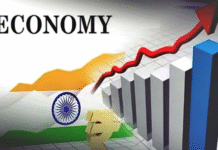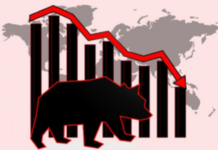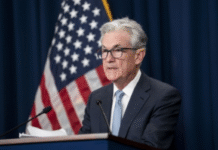Mumbai–Apart from the unanimity among them in cutting short-term interest rates by 25 basis points, all the members of the Monetary Policy Committee also felt inflation will soften thanks to good monsoon rains, along with signs of an economic revival.
The minutes of their meeting of October 3-4, released on Tuesday, suggest the members also felt the rate cut was consistent with an accommodative stance of the policy to keep retail inflation within a band of 4 per cent, plus or minus two percentage points, while supporting growth.
“The committee expects the strong improvement in sowing, along with supply management measures, will improve the food inflation outlook,” as per the minutes of the meeting.
“It notes that the sharp drop in inflation reflects a downward shift in the momentum of food inflation — which holds the key to future inflation outcomes — rather than merely the statistical effects of a favourable base effect,” it said.
“The momentum of growth is expected to quicken with a normal monsoon raising agricultural growth and rural demand, as well as by the stimulus to the urban consumption spending from the pay commission’s award,” it added.
“The accommodative stance of monetary policy and comfortable liquidity conditions should support a revival of credit to the productive sectors.”
The six-member committee has Reserve Bank of India (RBI) Governor Urjit Patel as chairman and the central bank’s Deputy Governor R. Gandhi and Executive Director Michael Patra, as the institution’s representatives.
The three outside experts are: Chetan Ghate, Professor at Indian Statistical Institute; Pami Dua, Director at the Delhi School of Economics; and Ravindra Dholakia, Professor at the Indian Institute of Management, Ahmedabad.
The committee, during its first meeting, cut a key lending rate by 25 basis points, bringing much relief to commercial banks and India Inc.
With that decision, the repurchase rate, or the short-term lending rate charged by the central bank on borrowings by commercial banks, was lowered to 6.25 per cent, while the reverse repurchase rate automatically stood adjusted to 5.75 per cent.







